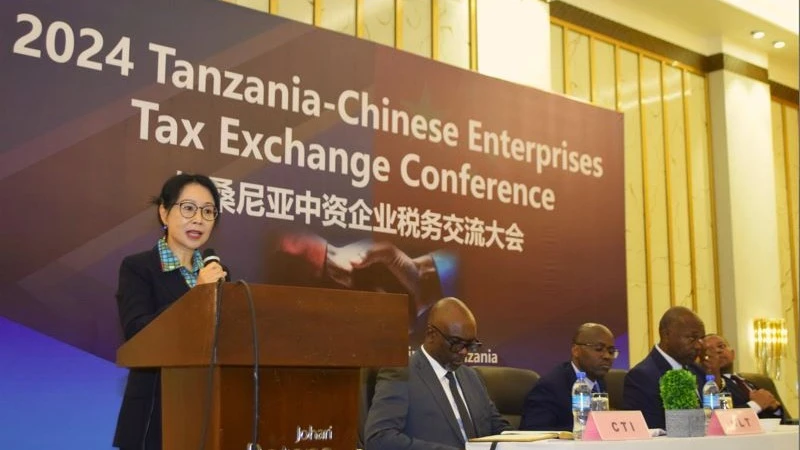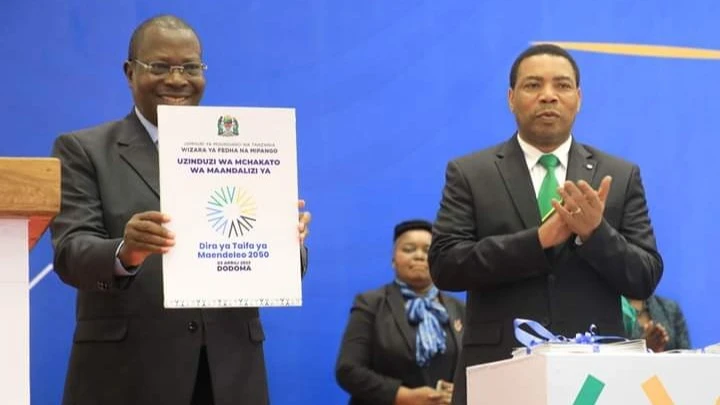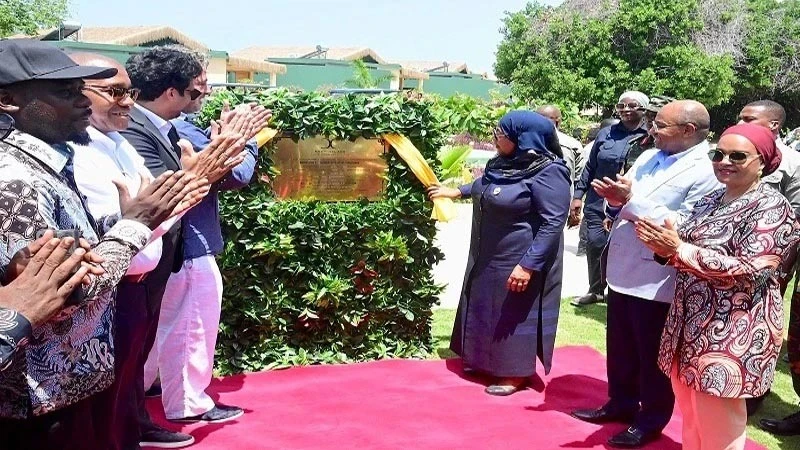Surprise after Chinese firms join tax complaints omnibus

WESTERN embassies recently penned a letter to the Finance ministry. It was countersigned by a dozen or so countries featuring among Tanzania’s more noticeable development partners.
The Chinese embassy has now added to the number. China did not sign on the letter but instead organised a public hearing of the case of Chinese firms where the Chinese ambassador was present as well as the Tanzania Revenue Authority (TRA) commissioner general.
This latter event was not a dialogue as such as there was little in response to substantive issues other than statutory reminders and goodwill vows.
The main complaint by the Chinese firms was that contractors are severely affected by the value-added tax (VAT) administration by TRA, this being expressed at a forum for Chinese businesses operating in Tanzania held at the weekend in Dar es Salaam.
It is not routine that the media get to hear of Chinese civic organisations operating at home or in foreign countries, as basically this is a precept of pluralistic society. But there are subtle forms of pluralism we often skip.
Thus, the Chinese Investment Association for enterprises operating in Tanzania met for the 2024 Tanzania-Chinese Enterprises Tax Exchange Conference.
VAT administration was at the top of the list of complaints, one being the idea that VAT takes a large portion of the firms’ profits.
That needs some explanation, including as to whether it is the way the tax is administered that is at issue or the tax levels as such, as investment presumes knowledge of tax rates prevailing in a country. It is unlikely the rates have been rising of late.
There was a part in the charges or claims, many of which had already been aired in the letter on woes by Western firms, that project owners are responsible for providing documentation for tax exemptions while either the documents are not provided or tax waiver accords are not gazetted.
Failing to gazette the matter and making it mandatory to do so for the waiver accord with the state agency responsible for the purpose is tantalising. It is to suggest that the Tanzania Investment Centre (TIC) negotiates agreements with foreign firms which are then vetoed by the minister.
Some could be heard mumbling that there is “something someone wanted” that they pay up for the notice to appear, which is implausible in case the government as a whole is behind such agreements as pivotal to its foreign investment canvassing bid.
Since we take for granted that this is the case, it follows that there is a communication hiatus somewhere between the government and tax administrators.
This can in part relate to the way public administration is conducted, that there are meetings at each level of an organisation and all these make decisions. Something as vast as the government can have awfully too many meetings each inclined in a specific intent, exploiting inherent fissures.
So the complaints first by local businesses or large taxpayers, then by Western firms and now by Chinese firms cannot just be a communications problem but one of substance.
There are few avenues through which to understand why this is the case, as in the past there were no serious complaints on tax administration except on individual basis by either objecting to electronic fiscal devices or overestimation and suspicions of bribes earlier.
Tax authorities are under pressure to optimise collections and likely to be clearing one or two bars rather too hastily. But reform creates a wider tax base, not gazette shortcuts.
Top Headlines
© 2025 IPPMEDIA.COM. ALL RIGHTS RESERVED

















